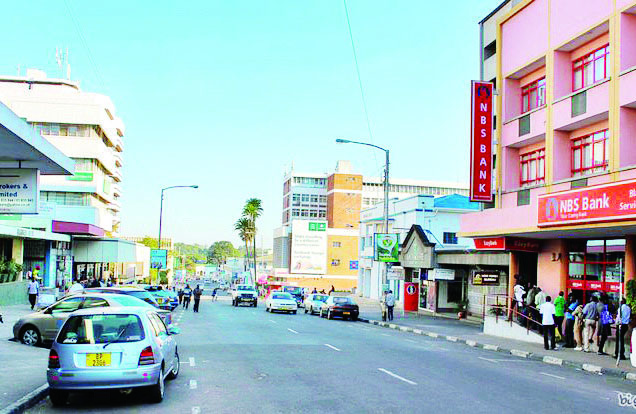
Record Breaking K3.78 Trillion Money Supply: A New Era of Growth Opportunities for Malawi’s Economy
Key Business Points
- Heightened liquidity in Malawi’s economy is reflected in the record narrow money supply (M1) of K3.78 trillion in June 2025, a 12.1 percent increase from May’s K3.37 trillion.
- The substantial growth in M1 over the past decade, from K395.87 billion in 2016, is likely fuelled by increased government spending, banking sector expansion, and rising household deposits.
- Inflationary pressures are a major concern, with high inflation eroding the value of wages and savings, and compounding government challenges, including increased cost of public service delivery and expensive debt repayments.
Malawi’s business community is taking note of the significant increase in the country’s narrow money supply (M1), which soared to a record K3.78 trillion in June 2025. According to statistics from Trading Economics, this represents a 12.1 percent increase from May’s K3.37 trillion. M1, which includes cash in circulation and demand deposits, is a key indicator of liquidity in the economy, reflecting funds that are readily available for spending. Over the past decade, the growth in M1 has been substantial, with the average increasing from K227 billion between 1975 and 2025 to the current record high.
Economist Velli Nyirongo attributes the sharp rise in M1 to heightened liquidity, likely driven by increased government spending, banking sector expansion, and rising household deposits. However, Nyirongo warns that this expansion of liquidity has been fueling inflation, which has already climbed to extremely high levels. As he notes, "At its core, the expansion of liquidity reflects a situation where money is circulating faster than goods and services are being produced." This imbalance has significant implications for Malawi’s economy, including erosion of the value of wages and savings, leaving many Malawians struggling to meet basic needs.
The fiscal implications of high inflation are also a major concern, with Nyirongo warning that it is compounding government challenges. Rising commodity prices have increased the cost of public service delivery, while the weakening of the Kwacha has made debt repayments, especially foreign currency-denominated ones, expensive. As Nyirongo cautions, "The incoming government inherits a delicate situation where policy credibility is under strain, and without careful management, fiscal imbalances could worsen." For Malawi’s business community, this highlights the need for careful financial planning and risk management, as well as a focus on ndalama za mtumbuka (foreign exchange) and tsoka la chipemu (inflation rate) to navigate the current economic landscape.
What are your thoughts on this business development? Share your insights and remember to follow us on Facebook and Twitter for the latest Malawi business news and opportunities. Visit us daily for comprehensive coverage of Malawi’s business landscape.
